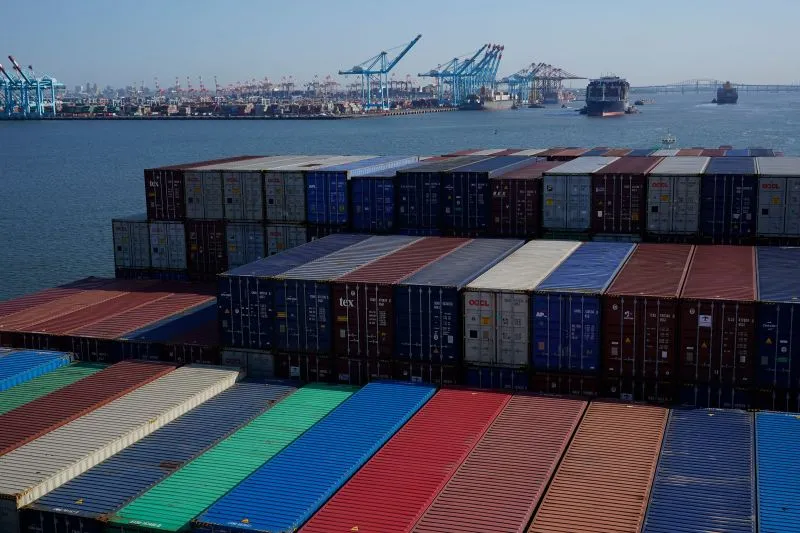Port Workers Strike from Maine to Texas Set to Disrupt Economy: Shortages and Price Increases Loom

The Impending Strike: What to Expect
Port workers from Maine to Texas are set to begin a strike that threatens to halt operations at nearly all cargo ports along the East Coast and Gulf Coast. This disruption could impact the supply chains for a range of goods, including clothing, toys, and industrial components.
The Stakeholders: USMX and ILA
- US Maritime Association (USMX): Represents foreign-owned shipping lines and port operators.
- International Longshoremen’s Association (ILA): Represents approximately 85,000 workers.
Negotiations have stalled, resulting in a potential strike that could have widespread economic implications.
Potential Consequences: Economic Impacts
The strike is projected to create shortages of consumer and industrial goods. Factories may face disruptions in operations, risking layoffs of American workers. Analysts warn that the degree of the economic impact will vary depending on the duration of the strike.
Historical Context: Labor Relations in Shipping
This would be the first ILA strike against these ports since 1977, marking a significant departure from past operations which prioritized labor peace.
Retailers and Economic Pressure
- Retailers are scrambling to receive goods before the strike takes hold, highlighting their dependency on the smooth transfer of products.
- National Retail Federation: Represents over 200 business groups urging the government to avert the strike.
Without intervention, the ongoing strike negotiations could lead to a strain on the market and price inflation, compounding challenges faced during the recovery from pandemic-related economic conditions.
Government Role and Union Dynamics
The Biden administration faces a complex situation involving union dynamics and the potential need for intervention to prevent severe economic fallout. The potential action under the Taft-Hartley Act may affect political landscapes and relationships with labor unions.
This article was prepared using information from open sources in accordance with the principles of Ethical Policy. The editorial team is not responsible for absolute accuracy, as it relies on data from the sources referenced.